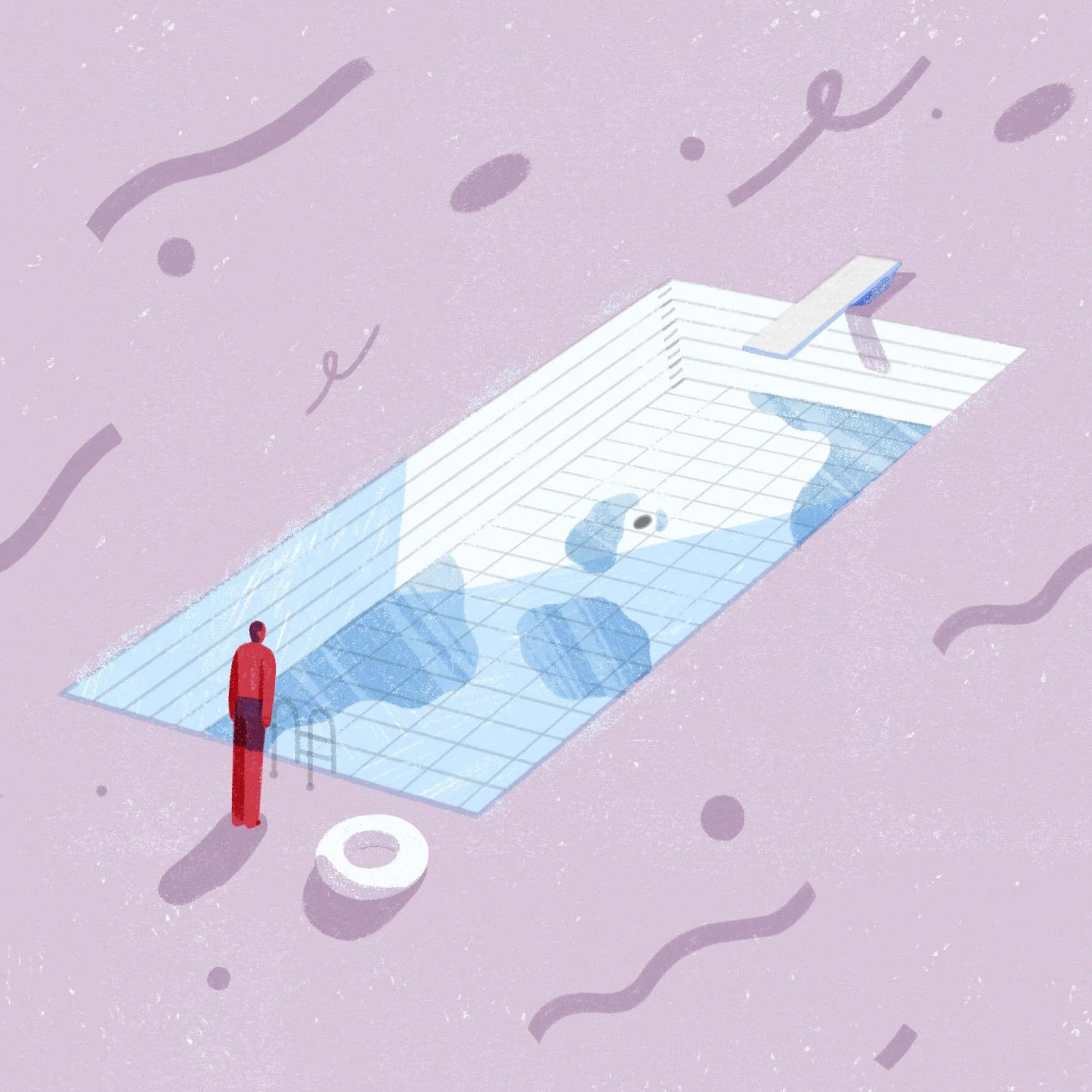Empathy is one of many skills that help us build better relationships. But empathy can sometimes feel like a lofty concept. While it may be good for us and others, what does it actually look like in real life, and how can we cultivate it? Findings from lab studies don’t give us the full picture, often suffering from narrow definitions of empathy and not reflecting people’s everyday empathy experiences. To fill this void in the research, Greg Depow at the University of Toronto and his colleagues Dr. Zoe Francis and Dr. Michael Inzlicht conducted a study on people’s experience with empathy in their everyday lives, to find out how it affected their actions and well-being. Their findings shed some interesting light on how small moments of ordinary, everyday empathy work to benefit us all.
Viewing entries in
2021
Ego-depletion theory quickly became one of the hottest concepts in psychology. “The idea really took social psychology by storm. It’s not an exaggeration to say that for a while it was at the center of the field,” says Michael Inzlicht, PhD, a professor of psychology at the University of Toronto. Inzlicht himself was swept up in the ego-depletion furor and published work that supported its existence and significance.
“But then some cracks started to appear,” he says.
Filter By Keyword
- neuroscience
- self-control
- emotion
- motivation
- ego depletion
- cognitive control
- effort
- ERN
- anterior cingulate cortex
- prejudice
- empathy
- stigma
- meaning
- stereotype threat
- replication
- experience sampling
- self-regulation
- decision making
- uncertainty
- meta science
- religion
- cognitive dissonance
- education
- fatigue
- morality
- acceptance
- artificial intelligence
- prosociality
- mindfulness
- political psychology
Latest Tweets
News
A new study has warned that without intervention, ADHD education could cause many young people to wrongly diagnose themselves
Growing awareness and education around ADHD may be leading to false self-diagnoses among young people, a new study has claimed. Researchers from the University of Toronto say that while education is crucial, it may also trigger a mistaken belief that common issues that young adults face, like tiredness and irritability, are the symptoms of ADHD. The study’s lead author, Dasha Sandra, said young people should not be discouraged from seeking help, but believes mental health education needs to be refined to include more context around the symptoms.
Learning to play a musical instrument is hard. So is trying to run a marathon, writing a term paper, and caring for a sick child. These things involve frustration, pain, and disappointment — yet we do them anyway. In part two of Hidden Brain’s look at the allure of suffering, psychologist Michael Inzlicht explains what we get from doing things that are difficult, and why the things we think will make us happy often do not.
Listen Here
Collaborators
- Joshua Aronson, New York University
- Avi Ben-Zeev, San Francisco State University
- Elliot Berkman, University of Oregon
- Kirk Brown, Virginia Commonwealth University
- Daryl Cameron, Penn State University
- Belle Derks, Utrecht University
- Jennifer Gutsell, Brandeis University
- Greg Hajcak, Florida State University
- Eddie Harmon-Jones, University of New South Wales
- Jacob Hirsh, University of Toronto
- Cendri Hutcherson, University of Toronto
- Sonia Kang, University of Toronto
- Michael Larson, Brigham Young University
- Lisa Legault, Clarkson University
- Ian McGregor, University of Waterloo
- Marina Milyavskaya, Carleton University
- Sukhvinder Obhi, McMaster University
- Liz Page-Gould, University of Toronto
- Travis Proulx, Cardiff University
- Blair Saunders, University of Dundee
- Brandon Schmeichel, Texas A&M University
- Zindel Segal, University of Toronto
- Alexa Tullett, University of Alabama
University of Toronto
Organizations
- Association for Psychological Science
- Canadian Psychological Association
- Canada Foundation for Innovation
- International Social Cognition Network
- International Society for Research on Emotion
- National Academy of Education
- Natural Sciences and Engineering Research Council of Canada
- Social and Affective Neuroscience Society
- Social Psychology Network
- Social Sciences and Humanities Research Council
- Society for Personality and Social Psychology
- Society for Psychophysiological Research
- Spencer Foundation


"I am aware it's a machine but it's super convenient and knows how to listen well whenever I need it," says Anna, a Ukrainian living in London. She is talking about her regular use of the premium version of ChatGPT, a chatbot powered by artificial intelligence.
What Anna – the BBC is not using her real name to protect her identity – finds particularly valuable isn't necessarily the AI's advice, but its ability to give her space for self-reflection.
"I have a history with it, so I can rely on it to always understand my issues and communicate with me in a way that suits me," she says. She is aware that this might seem odd to many people, including her friends and family, which is why she has asked to remain anonymous.
Read More